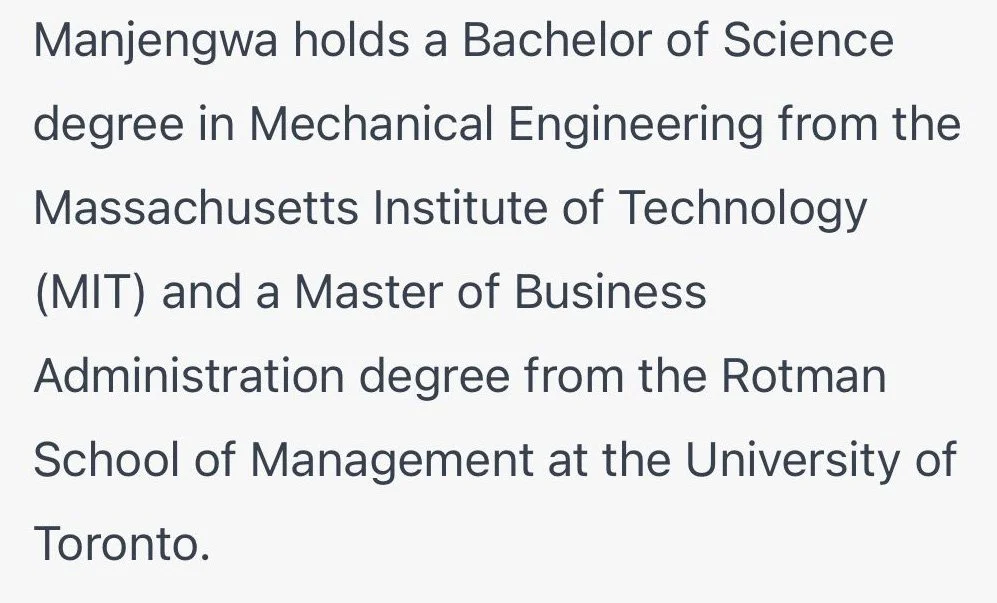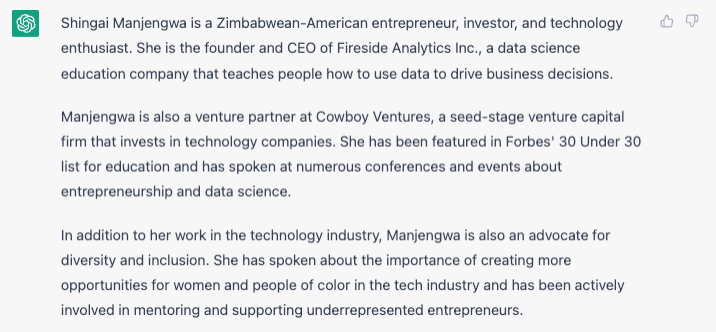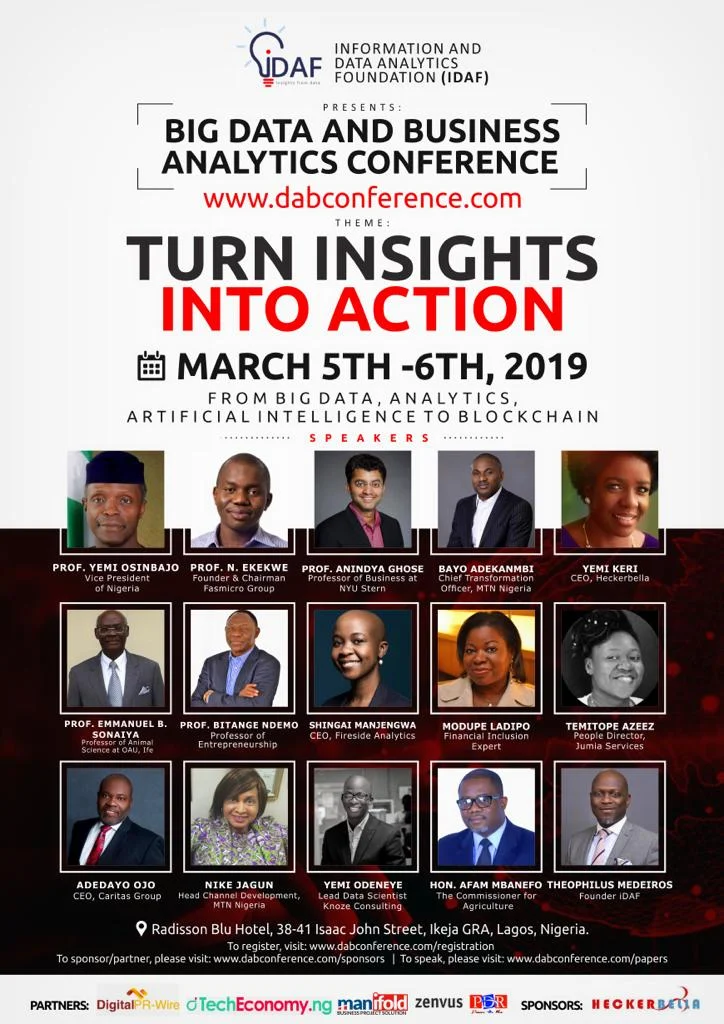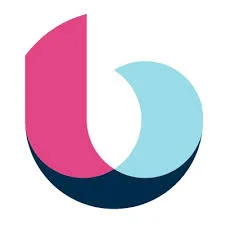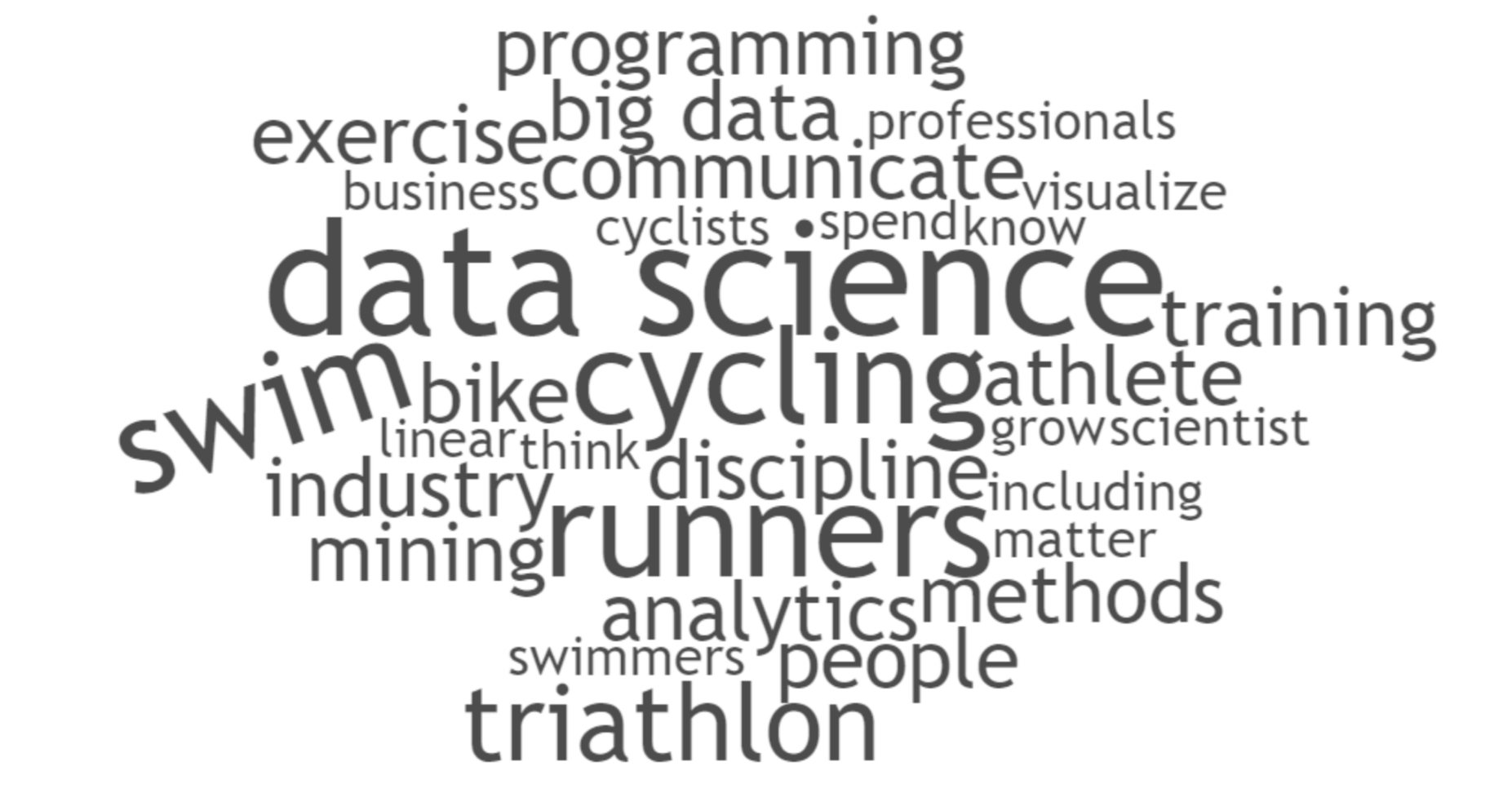If ChatGPT was a colleague...
/If ChatGPT was a colleague, would you like him?
He would be right most of the time but he would also lie with confidence about important things. He could hallucinate meeting minutes and contract details or fabricate a client request. You could lose days or months acting on something that wasn't true. Some lies you could spot but others you couldn't. You would have to micro-manage him and check everything he did, and even then, in the back of your mind, you would always have doubts about his work. There would always be a trust issue.
At the same time, this colleague would arrive before everyone looking fresh as paint and his productivity would be unmatched. He would be cultured and knowledgeable about many topics and he would write compelling memos and investor reports. His expenses and Board updates would always be done on time and with him in the right role, the whole organization could be lifted into new stratospheres in product development, marketing, software development, and analytics. His performance reviews would have exceedingly positive comments like, "I swear he's unbelievable, he effortlessly solves problems", and "he has been incredible as my colleague, it used to take me days to do those reports". Suave, smart, and popular, you might even secretly envy him. You might be worried about him taking your job.
There's something about him though. He is brilliant but the rules don't seem to apply to him. He takes credit for what is usually a team effort, and he lies sometimes.
And what if this colleague had a history of bias or blatant discrimination? Would you let him generate your staff onboarding materials or design your professional development curricula? You could ask him to not be biased, make him sign something, or you could check his hiring decisions but how could you know for sure that he was acting with integrity and representing your brand and your organization according to your mission and values? We should not promote AI to a managerial role just yet.
ChatGPT said I went to MIT for my undergrad but I went to the University of Cape Town. That information is in the public domain but without knowing the exact training data, we can forgive the generalization, right? Except, in all the iterations I ran (see examples at the end), it was never an African university and it was a different degree every time, even if some of the other information was thematically true. The outputs were sort of correct and phrased well but some of the information was completely and utterly false. I do not know 'ATBN' or 'Cowboy Ventures'. I have had recognition for my work but it was not Forbes' 30 Under 30, and I have a Master of Science in Business Analytics degree from NYU Stern.
Chat GPT 3.5, September 2021. Prompt: "Shingai Manjengwa"
Where did that come from? How would I go about correcting those bits of information that are wrong? I recall articles over the years about people trying to correct information about themselves on search engines, it wasn't easy. There must be a way to do that in/with AI models but perhaps that's a regulation and policy discussion for another day.
And is it 'lying'? Is this colleague a helpful guy who is just mistaken sometimes, a victim of the training process, or bad data? Is ChatGPT a great model that just has some accuracy issues? Would you prefer a colleague that inadvertently got some material facts wrong or one that lied with an agenda unknown to you? Does that nuance or intent matter? After the 5th wrong fact, would you not be emailing HR to "do something" about him?
The generalizations it made about me may be arbitrary and not an example of any kind of bias but I do know that the almost 3 billion people on the African continent and in China are not as well represented online as other groups that may have formed the training data for ChatGPT. I know there is bias in there e.g., it performed badly when I tested it on African languages and French. That should improve over time with better training and better data. This colleague is always learning.
I'm still tinkering with it and thinking about where the bias is and how to demonstrate it so it can be addressed by the team at OpenAI. If there is bias in it now, there is, what does it mean for the millions of end users of the thousands of tools being developed with it? And 'so what?'. What was the impact of search engine results that showed images of successful executives as men or beautiful people as White women? How did that affect us or our children? Can we measure that impact?
I'm an advocate for AI technologies, I work in the industry, and I am excited about what we can do with these models. I have concerns about how digital tools can change our minds in micro ways that are presently invisible to us but I remain optimistic about their use. At this point in the AI timeline, however, we should all be performance-managing generative AI-related applications. Fact-checking and bias testing should be part of the production process, and AI and data science literacy training should now be on every company's professional development roadmap. Using generative AI models in public-facing products should be done with great caution, taking into account these and other governance considerations, as well as following broader Responsible AI guidelines.
My vision for where ChatGPT is going is the Star Trek 'computer' - quality information at our fingertips shared in any natural language.
TROI: Computer, search for the term Darmok in all linguistic databases for this sector.
COMPUTER: Searching. Darmok is the name of a 7th Dynasty emperor on Kanda 4. A mytho-historical hunter on Shantil 3. A colony on Malindi 7. A frozen dessert on Tazna 5. A...
TROI: Stop search. Computer, how many entries are there for Darmok?
COMPUTER: 47.
However we feel about our colleague and all the legitimate concerns we have about him, he's not leaving any time soon. He's too valuable to the company. We have to find ways to work with him and help him to improve.
We may be quite far from making likeable AI so for now, let's focus on trustworthy, responsible, and reliable models, and let's learn more about this guy.

